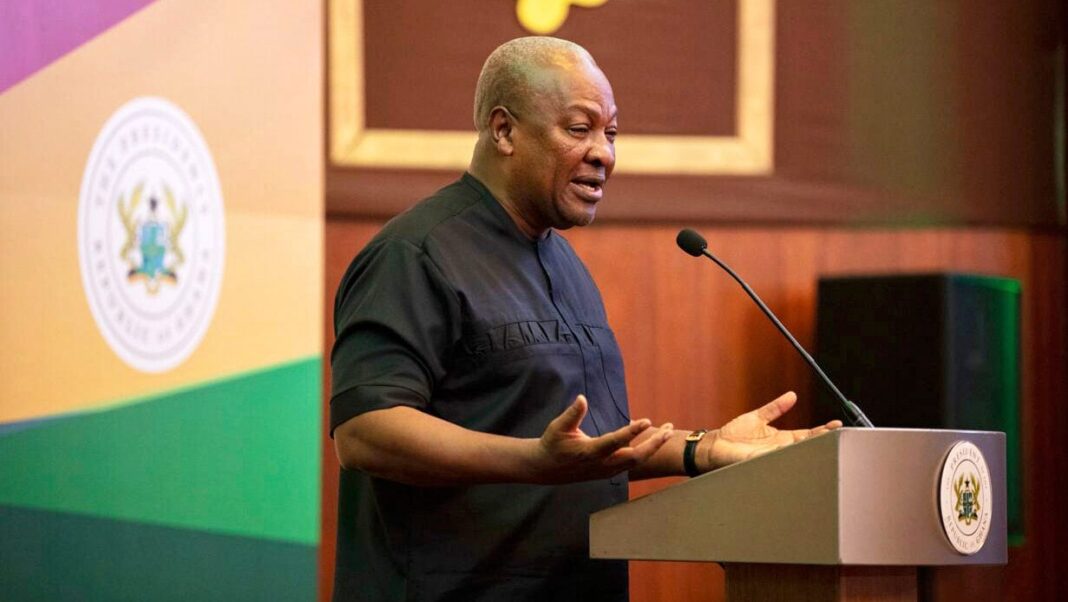U.S. Immigration Judge’s Ruling on Deportations Amid Human Rights Concerns
A recent ruling by U.S. District Judge Tanya Chutkan has sparked significant debate over immigration policies and human rights. The judge indicated that she felt powerless to prevent the deportation of four West African men currently in Ghana’s custody, emphasizing the complexities involved in circumventing international standards designed to prevent torture and persecution.
The Context of the Ruling
The case revolves around the treatment of individuals who have been detained under controversial circumstances. Judge Chutkan noted her alarm regarding the U.S. government’s plans to send these men back to countries where they have credible fears of torture or persecution. The ruling comes at a time when the Trump administration has been criticized for its immigration policies, particularly regarding the treatment of refugees and asylum seekers.
Judge Chutkan’s Concerns
In her written statement, Judge Chutkan expressed deep concern about the “cavalier acceptance” of the government’s actions, which she believes undermines the rights of individuals seeking safety from harm. She highlighted that the deportations might be in direct violation of the U.N. Convention Against Torture, which is designed to protect individuals from returning to countries where they may face severe harm. Despite her apprehensions, she maintained that the legal framework left her with limited options to intervene.
Clarifying Legal Implications
The ruling allows for 14 individuals, including the four men in question, to be sent back to their respective home countries of Nigeria and Gambia. This development follows a pattern where the Trump administration seeks to send deportees to third countries, such as Ghana, rather than directly returning them to nations where immigration judges have identified potential risks. Chutkan distinguished this case from a previous one involving a man wrongfully sent back to El Salvador, asserting that in this instance, the administration’s actions were legally permissible.
Reaction from Human Rights Advocates
Lee Gelernt from the American Civil Liberties Union (ACLU) articulated disappointment with the ruling, emphasizing a need for adherence to legal standards that prohibit deporting individuals to countries where they risk torture. The ACLU, which joined the lawsuit filed on behalf of the detained men, contends that the administration should not need judicial prompting to comply with these laws.
Conflicting Accounts from Officials
In a twist of events, Ghanaian officials claimed that all 14 men had already been deported, contradicting reports from lawyers representing the individuals. This discrepancy raises questions about transparency and communication between governments involved in these deportations.
Ghana’s Role and Response
Ghana has been increasingly involved in accepting deportees under arrangements with the U.S. administration. This pattern aligns Ghana with other nations like Rwanda and South Sudan, known for receiving migrants deported from the U.S. However, Ghanaian Foreign Minister Samuel Okudzeto Ablakwa defended their stance, clarifying that the nation did not receive any financial inducements from the U.S. for its cooperation. He expressed empathy for the individuals being deported, emphasizing the need to alleviate their suffering.
Nigeria’s Government Position
The Nigerian government has publicly stated that it was not informed about the deportations from Ghana, raising concerns over coordinated efforts regarding the treatment of its nationals. Officials indicated a distinction between accepting citizens deported directly from the U.S. and those being transferred via third countries like Ghana, further complicating the landscape of responsibility and policy enforcement.
Conditions During Detention
The circumstances surrounding the detention of these individuals have raised critical human rights issues. Lawsuits have described experiences of being held in “straitjackets” and confined in unsanitary conditions in Ghana, depicting a troubling picture of the treatment accorded to migrants caught in these legal crosshairs.
This ruling, and the events surrounding it, underscore the complexities of immigration law, international human rights standards, and the ongoing discourse about the responsibilities of nations in protecting vulnerable populations. With the spotlight on the U.S. immigration system, advocates are calling for accountable policies that respect human rights and ensure safety for all individuals, regardless of their immigration status.



